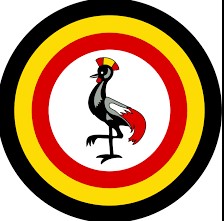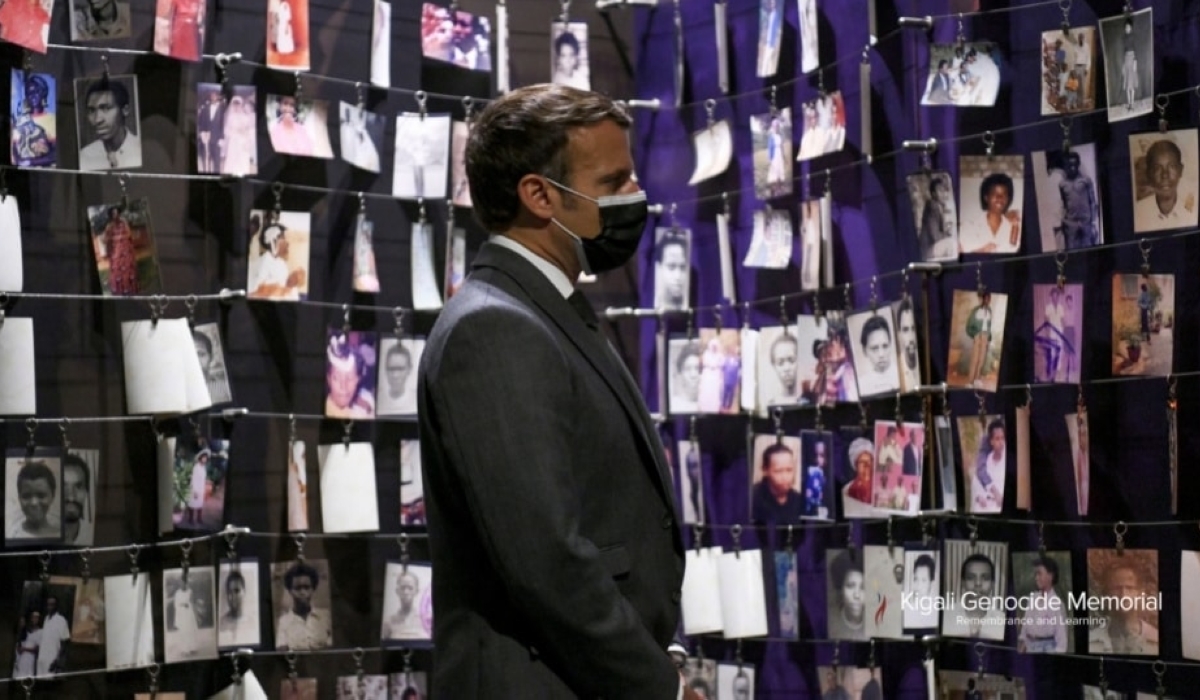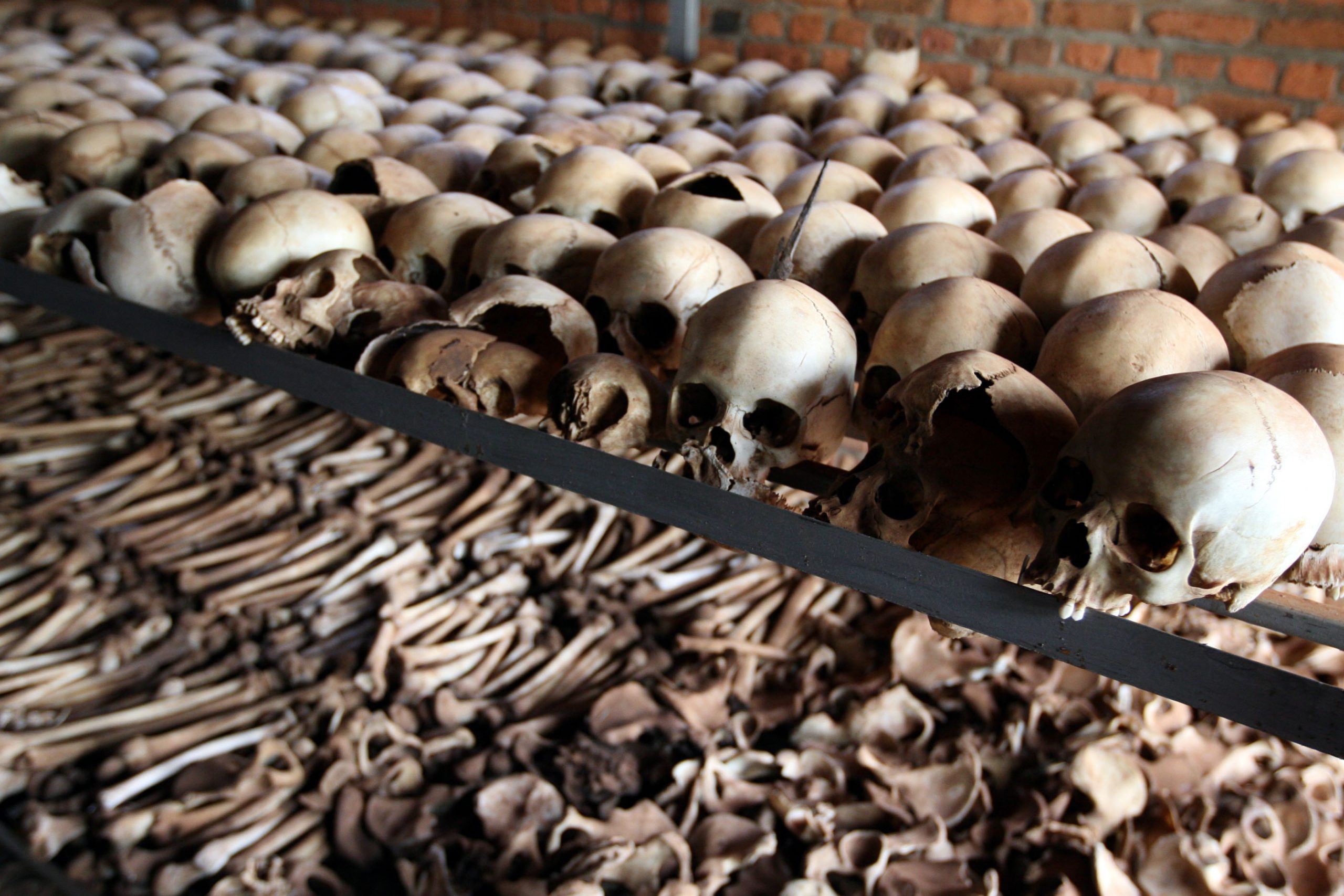International
Has the world learned from the 1994 Genocide against the Tutsi?

Rwanda witnessed one of the
world’s most tragic genocides of the 20th Century, 30 years ago. The 1994
Genocide against the Tutsi in Rwanda claimed the lives of more than one million
people in 100 days.
During his speech on the 30th
commemoration of the 1994 genocide, on April 7, President Paul Kagame asked:
“What lessons have really been learned about the nature of genocide, and the
value of life?"
Has the world learned from the
1994 Genocide against the Tutsi?
The genocidal forces fled to
Zaire, now called the Democratic Republic of Congo (DRC), in July 1994, with
the support of their external backers, and vowed to reorganize and return to
complete the genocide.
The remnants of those forces
are still in eastern DRC today, where they enjoy state support, in full view of
UN peacekeepers. Their objectives have not changed, and the only reason this
group, today known as FDLR, has not been disbanded, is because their continued
existence serves some unspoken interest.
As a result, they exported
their genocidal ideology against the Tutsi, resulting in the killing, and
persecution of the Congolese Tutsi. To date, hundreds of thousands of Congolese
Tutsi have fled and are refugees in Rwanda, and beyond, completely forgotten,
with no programme of action as regards their safe return.
The persecution of Congolese
Tutsi has been promoted by Kinshasa. They have suffered ethnic discrimination,
hate speech, lynching, cannibalism, and endless torture, with some being buried
alive.
Today’s situation in eastern
DRC indicates that the world has not learnt anything from the past, especially
the 1994 Genocide against the Tutsi in Rwanda. The frequent or recurrent
ethnically motivated violence against Congolese Tutsi, does not give hope of
'Never Again'.
All this happens as the
international community watches but it has turned a blind eye. If the world is
still experiencing ethnically motivated violence, when will 'Never Again' be a
reality?
On December 9, 1948, UN member
states approved the Genocide Convention and the international community vowed
to commit to 'Never Again' after the atrocities committed during the Second
World War.
On April 2022, 153 countries
ratified the Genocide Convention, the United States ratified the convention in
1988, but with reservations that prevent punishment if the country is accused
of genocide.
Some Western countries, feel
guilty of standing by and watching, idly, as the 1994 Genocide against the
Tutsi was carried out. Why would the US still be pretending to not be aware of
the targeted people during the 1994 Genocide, after 30 years? It is baffling,
as much as it is cruel.
Just like France, the US is
providing diplomatic support to a government whose discriminatory policies and
promotion of hate speech mirror what happened in Rwanda in the 1990s. Indeed,
just like the Habyarimana regime, the Tshisekedi government has blood on its
hands.
The DRC government has
integrated into the Congolese army the FDLR genocidal outfit – which was formed
by remnants of the perpetrators of the 1994 genocide against the Tutsi in
Rwanda. Kinshasa also adopted FDLR’s genocide ideology and the talking points
of unrepentant genocide fugitives and their supporters who continue to deny or
justify the genocide and engage in revisionism.
The US government and others opted
to be vague about the naming of 1994 Genocide against the Tutsi. Referring to
the Genocide as ‘civil war’, minimizes the seriousness of the crime, as civil
wars are everywhere around the world. Unfortunately, the world has learnt no
lesson from the 1994 Genocide against Tutsi in Rwanda.







